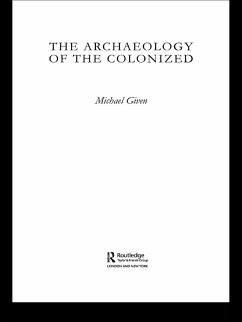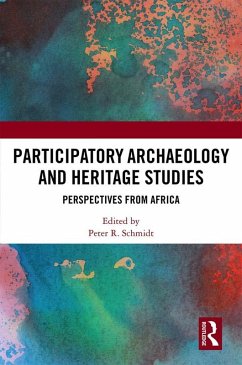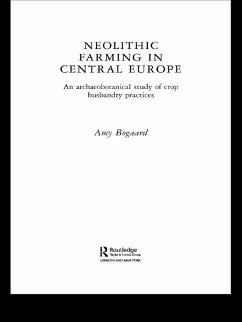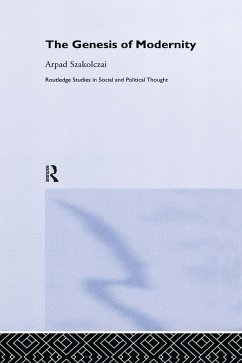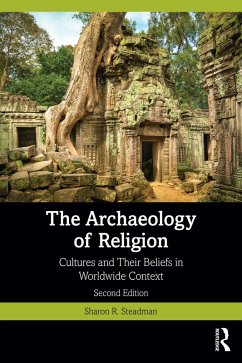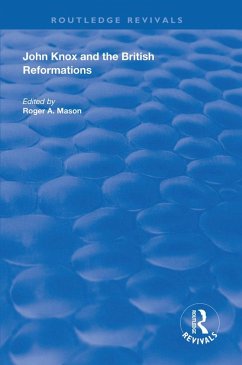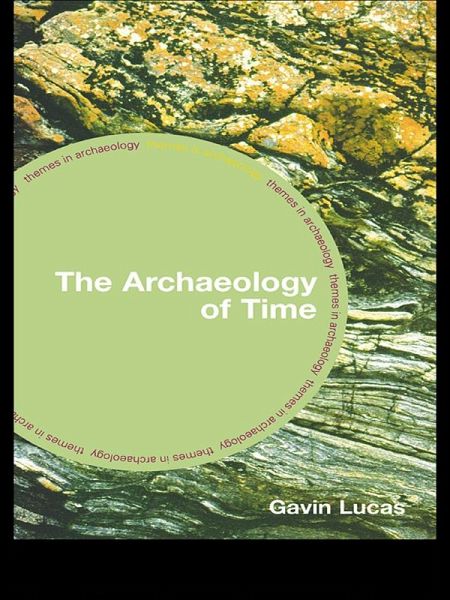
The Archaeology of Time (eBook, PDF)
Versandkostenfrei!
Sofort per Download lieferbar
38,95 €
inkl. MwSt.
Weitere Ausgaben:

PAYBACK Punkte
19 °P sammeln!
It might seem obvious that time lies at the heart of archaeology, since archaeology is about the past. However, the issue of time is complicated and often problematic, and although we take it very much for granted, our understanding of time affects the way we do archaeology.This book is an introduction not just to the issues of chronology and dating, but time as a theoretical concept and how this is understood and employed in contemporary archaeology. It provides a full discussion of chronology and change, time and the nature of the archaeological record, and the perception of time and history...
It might seem obvious that time lies at the heart of archaeology, since archaeology is about the past. However, the issue of time is complicated and often problematic, and although we take it very much for granted, our understanding of time affects the way we do archaeology.
This book is an introduction not just to the issues of chronology and dating, but time as a theoretical concept and how this is understood and employed in contemporary archaeology. It provides a full discussion of chronology and change, time and the nature of the archaeological record, and the perception of time and history in past societies.
Drawing on a wide range of archaeological examples from a variety of regions and periods, The Archaeology of Time provides students with a crucial source book on one of the key themes of archaeology.
This book is an introduction not just to the issues of chronology and dating, but time as a theoretical concept and how this is understood and employed in contemporary archaeology. It provides a full discussion of chronology and change, time and the nature of the archaeological record, and the perception of time and history in past societies.
Drawing on a wide range of archaeological examples from a variety of regions and periods, The Archaeology of Time provides students with a crucial source book on one of the key themes of archaeology.
Dieser Download kann aus rechtlichen Gründen nur mit Rechnungsadresse in A, B, BG, CY, CZ, D, DK, EW, E, FIN, F, GR, HR, H, IRL, I, LT, L, LR, M, NL, PL, P, R, S, SLO, SK ausgeliefert werden.




